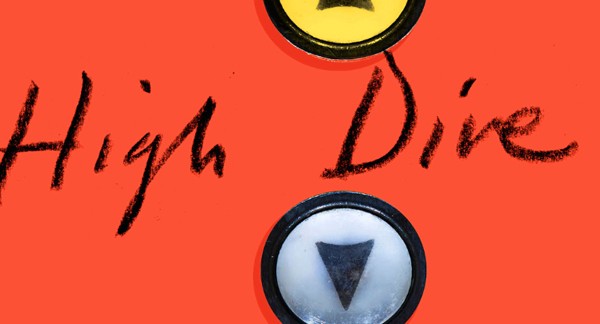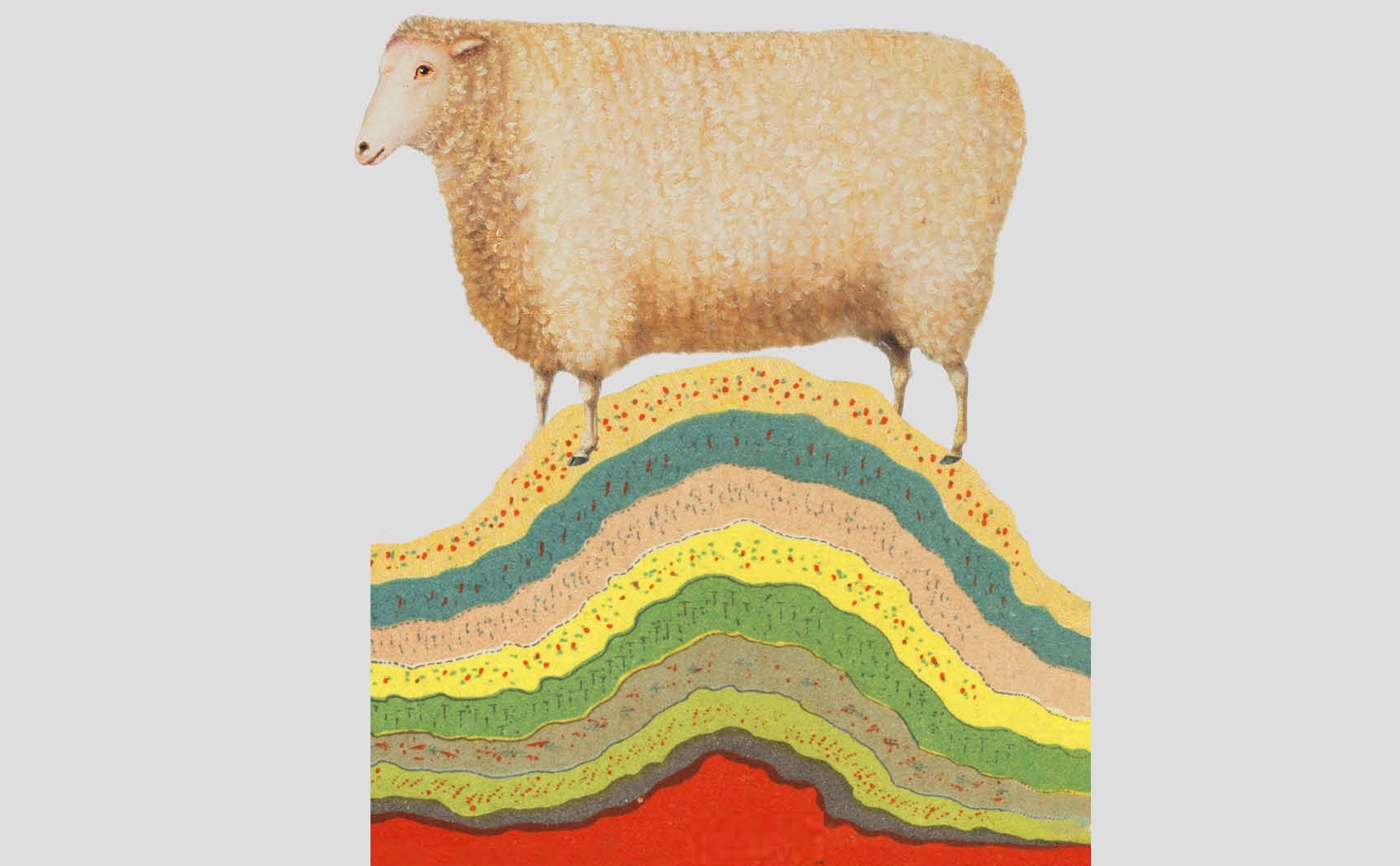Books & Culture
With High Dive, Jonathan Lee Unleashes a Suspenseful, Expertly Paced Novel

It’s 1984. Provisional Irish Republican Army member Patrick Magee plants a bomb inside the Grand Hotel in Brighton, England. Margaret Thatcher and her cabinet are set to stay there for a Conservative Party conference. Magee hides the bomb under a bathtub in room 629, sets it with a long-range timer, and walks away. October 12, in the early hours of the morning, the bomb explodes.
The specters of this historic bombing and attempt on Margaret Thatcher’s life hang over High Dive Jonathan Lee’s new novel featuring three fictional characters during the years and days preceding the explosion. High Dive follows Moose, deputy manager of the Grand; his teenage daughter, Freya, who works reception at the front desk; and Dan, whose 1979 IRA initiation opens the book. Though Magee was arrested and tried in 1986, not much is known about his accomplices. Lee writes into the unknown details of the crime and lives of potential victims, creating a rich, witty, and compelling story full of solid dialogue and masterfully constructed scenes. Though the inevitable bombing at the end of the book creates a sense of dramatic irony and dread for the reader, we see Lee’s characters distracted by their own existential crises: they go about their lives as any of us would before a tragedy, selfishly worrying about their futures, worrying about the past they can’t relive, and worrying about how to fit in when they are not sure what they have to offer. Lee’s High Dive is suspenseful, expertly paced, and an excellent read.
“Welcome to your new life,” Dan’s recruiters tell him following a harrowing standoff of an initiation that pits his sense of moral decency against his sense of responsibility to the cause. From that point on, he lives in service of killing for the IRA. But what we learn early in the novel is that Lee sympathizes with the issues and obligations of people on both sides; Dan is a skilled bomb-maker, but we see him living a mostly normal life with his mother in Northern Ireland. Lee writes Moose and Freya with the same sympathy and care. In this novel of causes, people are a product of their environment, but Lee writes each character with nuance; they are less emblematic caricatures and more complicated, fully-fleshed people. What are most interesting in High Dive are the small details of each person’s life.
Moose is a former diver; he is constantly reliving his athletic glory days in his mind because his life as a mid-level hotel manager is less than thrilling. Freya’s mother left him, and though he enjoys his work in the hotel, his life lacks change, recognition, or anything extraordinary. Lee characterizes him with great affection for his daughter, perhaps even to a fault: he cares more for Freya than himself. Freya is in some ways a stereotypical teenager, trying to figure out what she wants for her life; her inclusion as one of the main characters offers us perspective on Moose, though, and life inside the hotel. Freya notices people coming and going within the hotel, and though at times her characterization feels more mature than a typical teenager, it works because it allows Lee to comment on just how easy it was to place the bomb at the hotel.
In the way that historical novels can be simultaneously prescient about current events, Lee’s offers insight into current discussions about how much responsibility the average citizen has to do the right thing. In one scene, a friend encourages Freya to go out and socialize. Lee’s words here are strikingly relevant to the rest of the story, and oddly, to current events. “…[F]or most of us,” the friend says, “for decent people, the choice each day isn’t between doing something good and doing something bad. It’s between doing something good and doing nothing.” Freya is typically teen-aged in her reluctance to stick her neck out for anything. But taken in light of the terrorist activities in the rest of the novel, this conversation takes on deeper significance than whether or not she should attend a party. The publication of Lee’s novel in America comes at a time when many are calling for us to look back to historical examples of division, action and inaction — High Dive reminds us that the actions of an individual can have a great impact, even if that action is the decision not to act.
High Dive succeeds for so many reasons, particularly the author’s strength in creating dramatic scenes with an awareness of the historical and personal significance of the events he writes into the background of his novel. But more importantly, this is a novel of sympathy for the individual, the highly personal, and the domestic. Lee shows us how difficult it is to categorize the experience of an entire group. He uses a shifting omniscient third person perspective, and each of these three characters rings true. When he writes of Dan, of his experience in Northern Ireland, he says, “The whole of your life in Belfast was organized around light and dark, visibility and invisibility, silence and sound, information and secrecy, the private rubbing up against the public and making you feel tired.” Even Dan, who gives his life over to the cause of making bombs to kill English people, pauses to reflect on his fatigue from IRA arguments, how long-held beliefs about Protestants and Catholics have lost their power. Lee’s novel is commentary on the absurdity of fearing the other, but also of trying to control our fellow man.
Moose understands:
“People were always heroes in their own telling.”
And though this seems at first just to be a passing comment about how we like to relive our best days, it’s becomes evident that Lee chooses the floating omniscient point of view for the sympathy it lends — the credibility it gives to — each character. Moose, Freya, and Dan all want to do well, and yet they’re fallible and inconsistent. With his seamless transition from the world of tense IRA plotting to the doldrums of the wandering teenage mind, Lee makes it clear that humans are the ones who draw lines and set bombs. Fallible, messy, and imperfect humans, often who didn’t get things to turn out just the way they’d hoped.
“Suffering is in your face or two hundred miles away,” one of Lee’s characters says. “Nothing in between.” Jonathan Lee’s High Dive asks us to look at the plethora of thought and self-indulgence — that beautiful minutia — that flourishes in an unharmed life, and to consider how much generous freedom there is in nonviolence.
— –
Check out an exclusive excerpt from High Dive as part of Electric Literature’s Recommended Reading. Craving more? Electric Literature has an interview with the author discussing the book.









